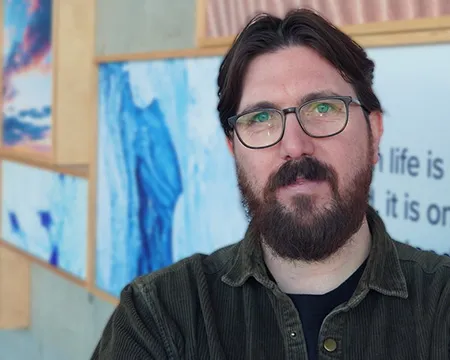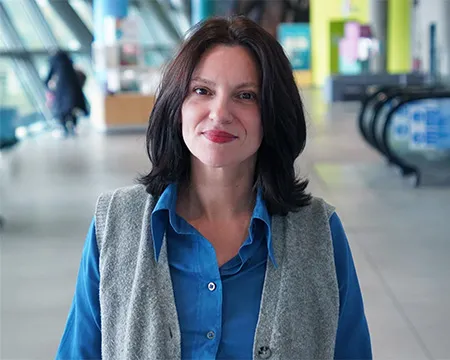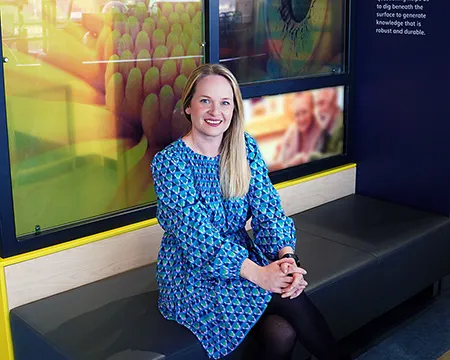What is climate anxiety and what can we do about it?

Climate change. It’s a topic on everyone’s mind. Perhaps, like me, you’ve noticed the increasing number of young people passionately advocating for climate action. Or maybe the relentless reports of rising temperatures and extreme weather evens worldwide have become a constant in your newsfeed. While it’s crucial to understand the current climate crisis and heed the warnings of scientists, who confirm that human actions are accelerating climate change, it’s also easy to succumb to despair when contemplating the future for ourselves and our children.
Feelings of hopelessness, anger, grief, sadness, and fear are all part of the emotional spectrum of ‘eco-anxiety,’ often referred to as ‘climate anxiety.’
The Power of Education and Community Engagement in Tackling Climate Anxiety
In 2021, researchers at the University of Bath conducted a global survey to quantify the extent of climate anxiety among children and young adults. They gathered responses from 10,000 individuals across the globe, including the UK.
The findings revealed that 84% of the young people surveyed were at least moderately concerned about climate change, with 59% expressing very or extreme worry. Disturbingly, 45% of these young respondents indicated that their climate anxiety negatively affected their daily lives.
Climate anxiety also has tangible effects on the hopes and plans of young adults. A 2021 survey by the Pew Research Center found that child-free adults in the USA, who do not plan on having children, cite climate change as a factor in their decision. They ponder the state of the world and the prospects for their hypothetical offspring, often concluding that the future looks bleak for the next generation.
For those grappling with climate anxiety, there are practical steps to alleviate these feelings.
While reducing your carbon footprint is commendable and empowers individuals to regain a sense of control over the situation, it also helps dispel feelings of personal guilt regarding carbon emissions.
It may also be necessary to moderate your exposure to distressing news. Staying informed is crucial but consider limiting your daily news consumption and obtaining information from reputable sources. Some news outlets focus on hopeful climate change stories, which can offer respite from the gloom.
Education remains a powerful strategy against climate anxiety. Understanding climate change empowers individuals and inspires action. Joining local environmental organisations, volunteering, campaigning, or engaging in community sustainability initiatives can foster a sense of purpose and belonging in the larger effort to combat climate change.
Climate Conversations Live Series: Experts and Discussions
In the coming months, climate change discussions will take centre stage. Scotland's Climate Week runs from 25 September to 1 October, followed by COP28 in Dubai beginning on 30 November. While world leaders and policymakers convene to address climate change, it's easy to feel powerless at home. However, the Scottish community will now get a chance to pose questions to climate change experts.
Glasgow Science Centre's Climate Conversations Live series invites climate experts to engage in meaningful discussions and share their expertise, responding to questions from a live audience.
Professor Tahseen Jafry from the pioneering Centre for Climate Justice at Glasgow Caledonian University is the first speaker. She and her team research climate justice, including issues like health and gender and how they interact with climate change.
The second is Chris Stark, head of the UK Climate Change Committee (CCC), which monitors the UK and devolved government’s progress on climate targets.
The final speaker is Dr James Rae from the University of St Andrews, an Earth and environmental science expert who says climate change is “solvable”.
The series, presented in partnership with the University of Strathclyde's Department of Physics, will be hosted by broadcast journalist and writer Sally Magnusson.
The events which take place on 9 October, 6 & 27 November, are aimed at over 16s.
Further Information
This blog post by Amy Childs is adapted from an article by Glasgow Science Centre that first appeared in Glasgow Times in September 2023. For more information on our Climate Conversations Live series click here





